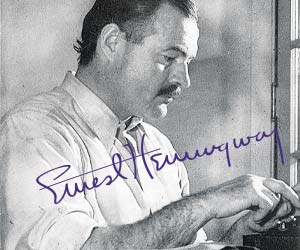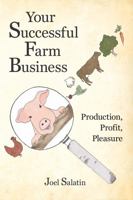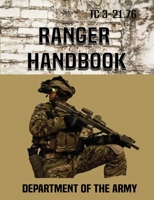Behavioral Interview Questions and Answers
Select Format
Select Condition 
You Might Also Enjoy
Book Overview
Behavioral Interview Questions and Answers"" is a guide to mastering the art of the behavioral interview. This book is packed with a wide range of behavioral interview questions and example answers to help job seekers prepare for the most challenging job interviews.
From describing how you handle stress to demonstrating your ability to think creatively, this book covers all the crucial skills and qualities that employers are looking for in their candidates. Each question is accompanied by a detailed example answer, outlining how to structure your response and what to include.
In addition to the interview questions, this book also offers practical advice on how to prepare for a behavioral interview, including how to research the company, dress appropriately, and make a positive impression.
Whether you are a recent graduate or a seasoned professional, ""Behavioral Interview Questions and Answers"" is an essential resource for anyone who wants to ace their next job interview and land their dream job. With this book, you'll be well-equipped to showcase your skills and experiences in the best possible light and secure the job offer you've been working towards.
Customer Reviews
Across the River and into the Trees Mentions in Our Blog

Literary giant Ernest Hemingway was a bullish character who captured the public interest with his colorful life. An ardent adventurer, he poured his experiences into rich, stirring tales, written in his singular, understated prose. To celebrate his birthday, here are seven surprising facts about the iconic figure.
































































